You could say that such a demise might make a fitting exclamation point to end the career of a man who spent much of his life exploring extreme states of consciousness and the violent dissolution of the body & spirit… but that would be pretty crass to be honest. It is, of course, a terrible event – a pointless and awful way to go, after so many years of hard work, strife and creative achievement.
Born to a poor, rural family, Wakamatsu left home and migrated to Tokyo at a young age, and after working through a variety of menial jobs he eventually winding up working for the yakuza in Shinjuku, where one of his duties was to ‘supervise’ (and presumably extort money from) film crews shooting in the area. As he recalled in a 1999 interview carried out for Chris D’s ‘Outlaw Masters of Japanese Cinema’ book:
“Later, I got arrested. […] They put me in the joint for six months. The cops beat me and teased me all the time. So, I said to myself, ‘Fuck! How can I get these fuckers back!?’ ‘Express yourself,’ I thought; ‘what a boring existence I’ve been living these past 20 years.’ But there had to be some kind of authority in the expression, some way to show these guys. So, when I got out of prison, I told my gang boss I wanted out. […] At first I tried becoming a novelist. But, since I never finished school, I could never get beyond ten pages. Then it dawned on me: ‘Film! I’ll be a producer, make some money.' I went to this producer I knew, got down on my hands and knees in his doorway, saying ‘Please, take me on as your understudy!’”
As so, after a suitably torturous apprenticeship, payback began in earnest when Wakamatsu directed his first underground pink film, ‘Sweet Trap’ in 1963, after which he proceeded to churn out bizarre and transgressive films at a dizzying speed for the next fifteen years, working with shady pinku distributors, doing occasional hired work for studios like Nikkatsu and Shochiku (with predictably controversial results), and eventually establishing his own independent production company to handle more personal and unconventional projects, including such audacious and disturbing works as ‘The Embryo Hunts in Secret’ (1966), ‘Violated Angels’ (1967) and ‘Go Go Second Time Virgin’ (1969);
“Most people were going ‘What the hell are these films?!’ A lot of people were criticising the shit out of my movies. But, for the most part, five years or so after each release, people would sing praises of those * same * films. […] Basically I destroyed all the film grammar there that was conventional. It doesn’t really matter how you shoot a movie. If the spirit is there, it will cut together.”
In the later ‘60s, Wakamatsu became heavily involved with radical politics and student protests in Japan, and his friendship with the writer & activist Masao Adachi led to the pair investing a bunch of the profit they’d made from pink films in a trip that saw them following members of the ‘Japanese Red Army’ to Beirut and Lebanon, where they befriended and were trained by guerrilla fighters, an experience that seems to have cemented Wakamatsu’s life-long anti-authoritarian stance, even if his provocatively titled documentary ‘Red Army - Palestine Liberation Front – Declaration of Global War!’ (1971) brought him a lot of heat after his return to Japan, ensuring that – as of the 1999 interview at least- he was never again allowed a visa for foreign travel.
Although it may be difficult to grasp the connection between Wakamatsu’s political beliefs and the dozens upon dozens of violent sex films he spent his time directing, it seems he saw them as one and the same, integral parts of the same continuum, and that, to some degree, is what gives his films such a unique power;
“Movies can’t really be called ‘pink’ if they’re being accepted by the general public. They’ve always got to be guerrilla. Pink films are about putting it out there in the public’s face and smashing people’s minds!”
Most people who have spent any amount of time reading about ‘cult film’ or knocking about in related communities will probably have heard Wakamatsu’s name at some stage, although the extremely limited distribution of his films in the English-speaking world has often prevented most of us in the West from actually seeing much of his work. I think I first came across his name back in the day whilst perusing some dubious Creation books anthology on ‘extreme cinema’ and, whilst the details and the bizarre translated titles of his films certainly stuck in my memory, I wasn’t at that time inspired to investigate further. I’ve never been much of a fan of pretentious ‘transgressive’ art, and the writer’s leering descriptions of assorted rapes, mutilations and murders didn’t exactly make Wakamatsu’s work sound like my cup of tea.
In recent years though, as my interest in Japanese film and far-out 60s/70s cinema in general has grown, Koji’s been back on my radar, and after reading the astounding interview quoted above, I thought it was probably time to take the plunge. The BFI came through, conveniently screening 1972’s ‘Ecstasy of the Angels’ as the wild-card entry in a season concentrating on films associated with Japan’s high brow Arts Theatre Guild, and… well all I can say is that it cracked my head open like a nut. An insane, awe-inspiring work of low budget cinematic terrorism, it sees Wakamatsu not just pulling off a shotgun wedding between the more extreme ends of pink eiga and the avant garde, but also gifting them with a streak of uncompromising, self-immolating extreme-left political desperation and packing them off for a honeymoon on a mac-truck full of napalm driven by Jean-Luc Godard and Jess Franco. Absolutely indescribable. And you’re telling me that’s only one of, like, about a HUNDRED films this guy made between 1965 and 1975..? WHERE DO I SIGN UP?
Well, nowhere as it turns out - bar a few much sought after, long out of print DVD releases, it takes a lot of effort to find *any* of his stuff in sub-titled form these days, but I have at least assembled a modest collection of four of his best-known films, and each has proved an astoundingly powerful viewing experience.
They are, undoubtedly, difficult films to write about, but I’ve recently been intending to cover some slightly more challenging and way-out material on this blog alongside all the easier horror and exploitation reviews, and, although writing time is frustratingly short, Wakamatsu’s passing has certainly encouraged me to try to move his films up the list and get some analysis underway.
But in the meantime, R.I.P. to a truly legendary figure and a real mad genius of rebel cinema. Our best wishes to those who were close to him, and I’ll leave you with some more words from the man himself;
“The minority opinion matters! But nobody gets it. They say, ‘These guys are too radical, they stick out.’ No! Without them, we’d have nothing but dictators in this world. For example, if the Japanese Communist Party comes to power for some reason, then I’ll join the side that criticizes them! The reason why is that the people who make things, who create in this world, have to remain on the outside, have to look at the world from a different perspective: saying ‘Hold on!’ People in power always turn into these yes-men. You have to have some kind of resistance to that, or it’s all a lie.”





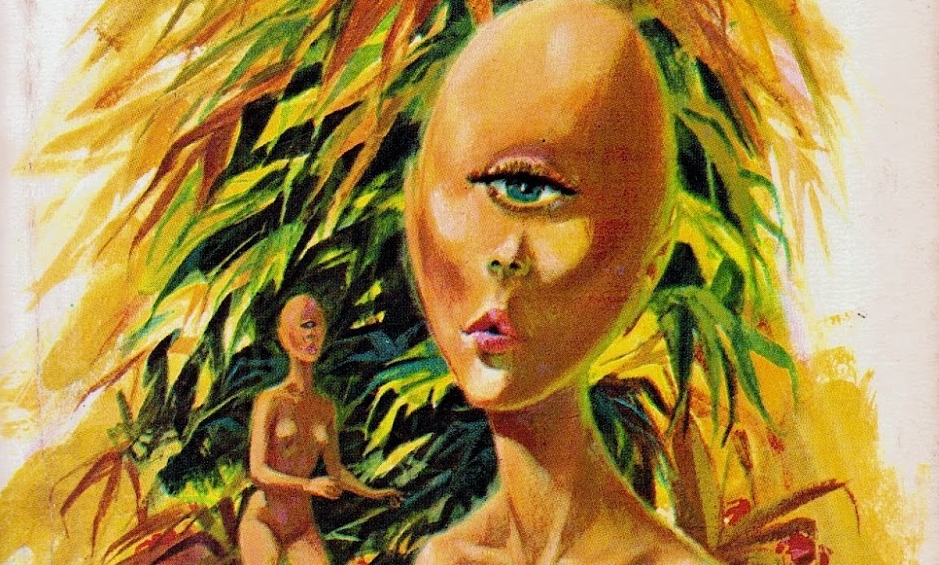
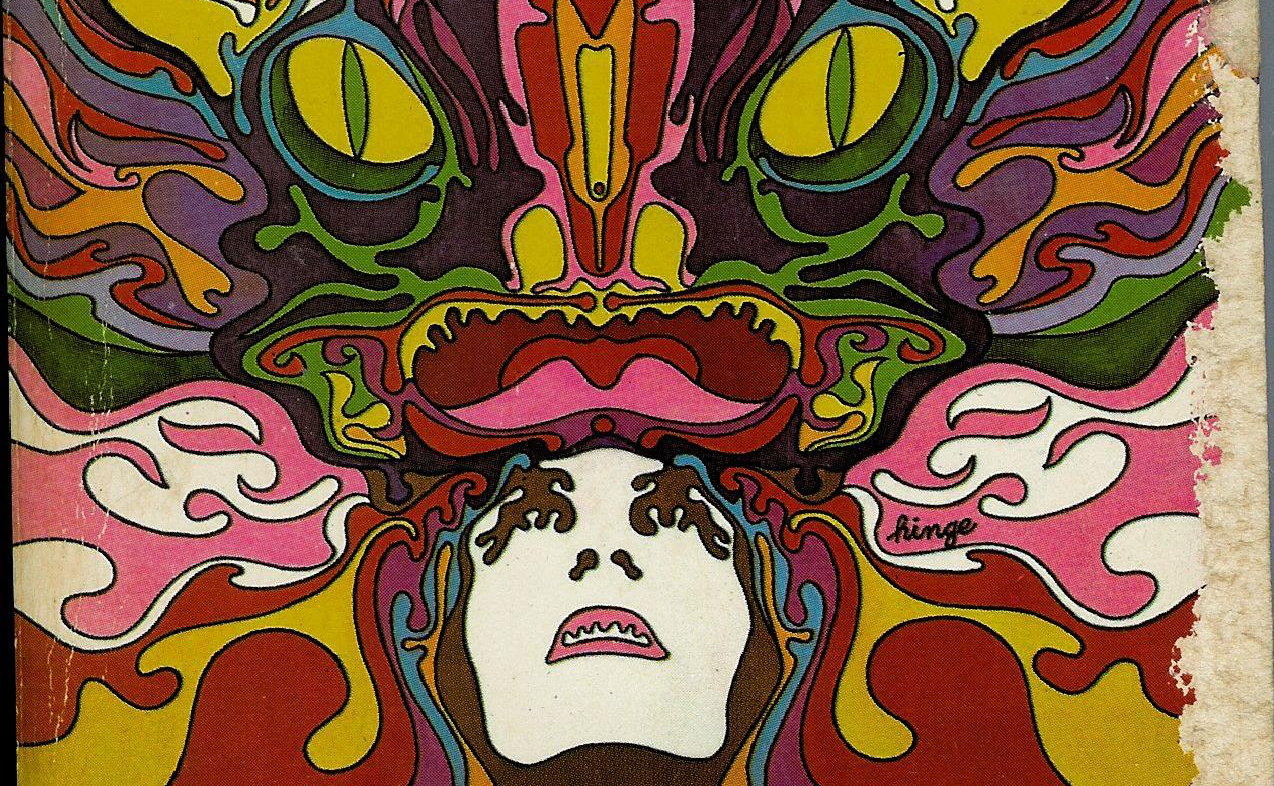

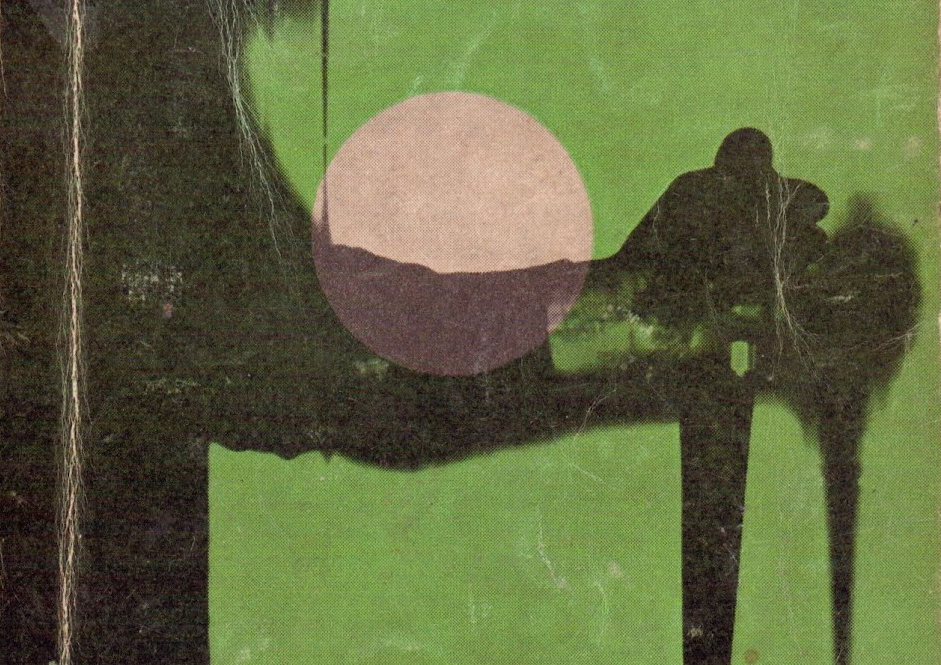
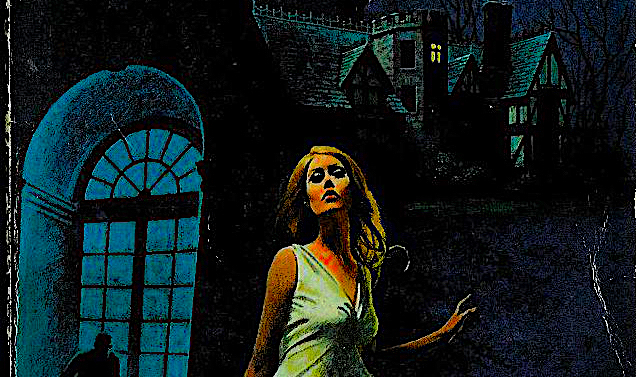
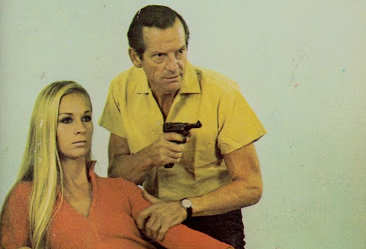
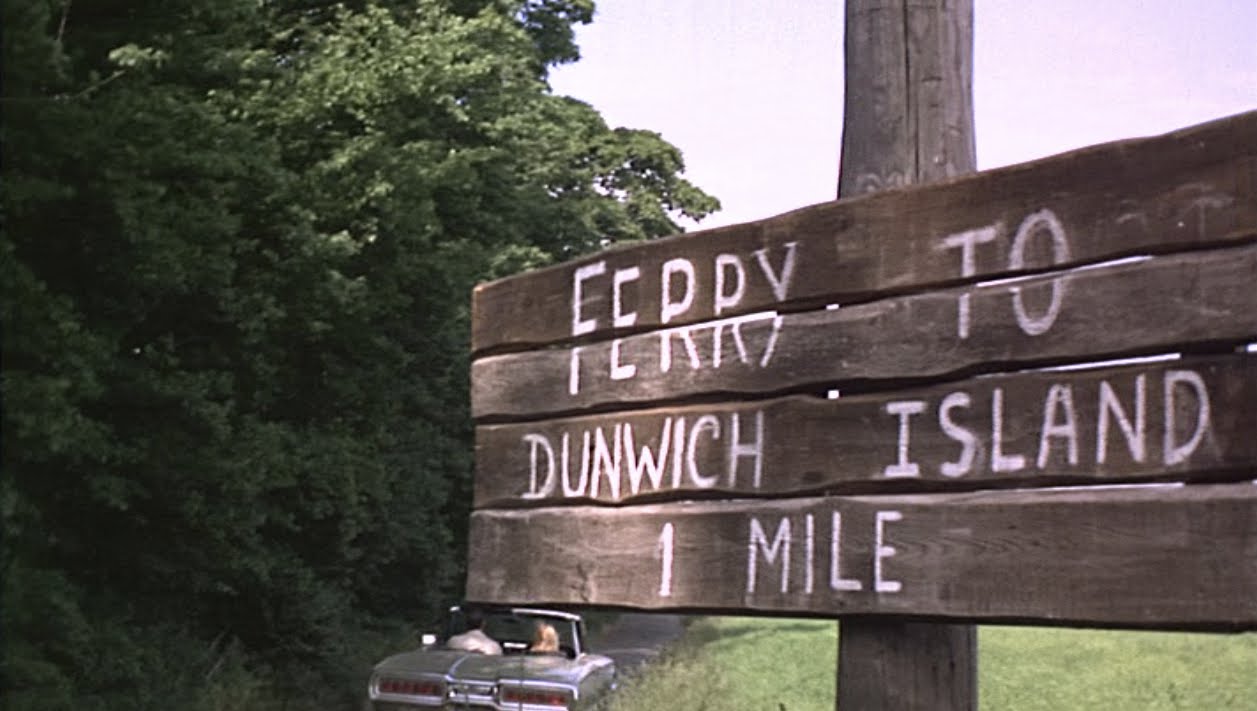
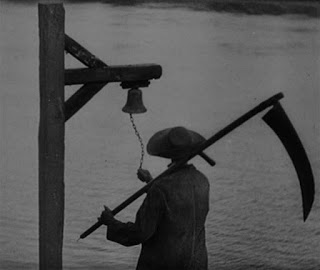
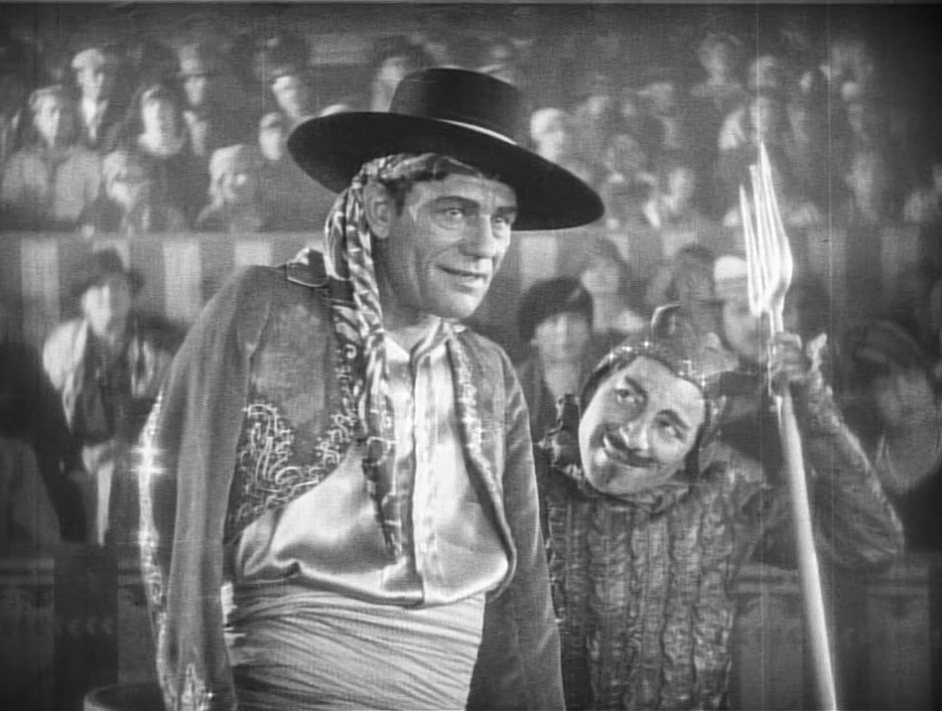
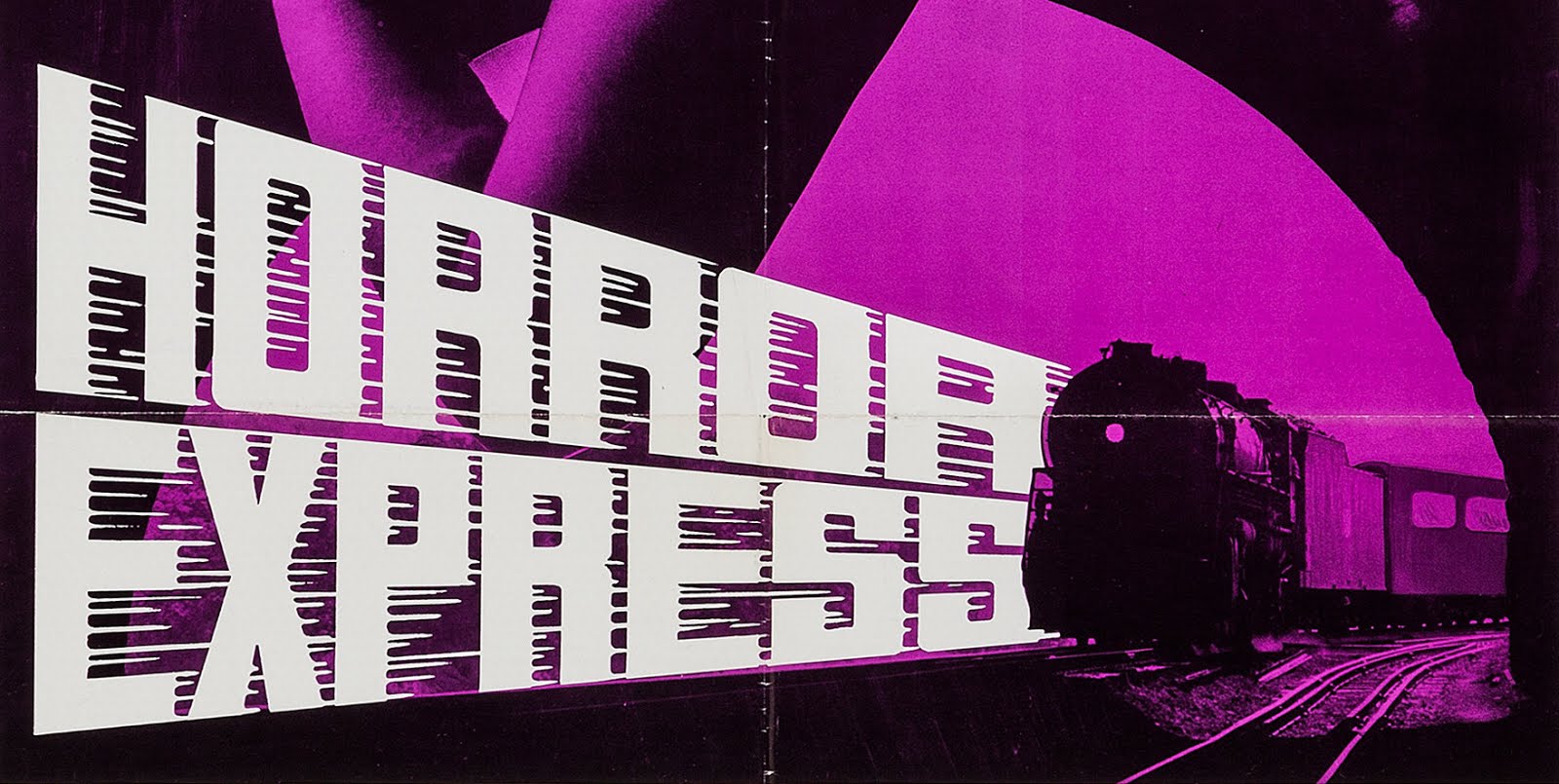
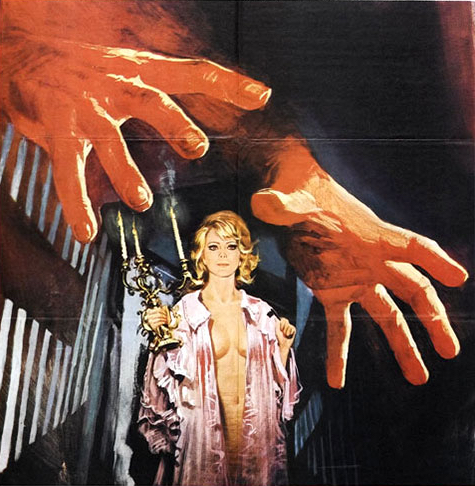

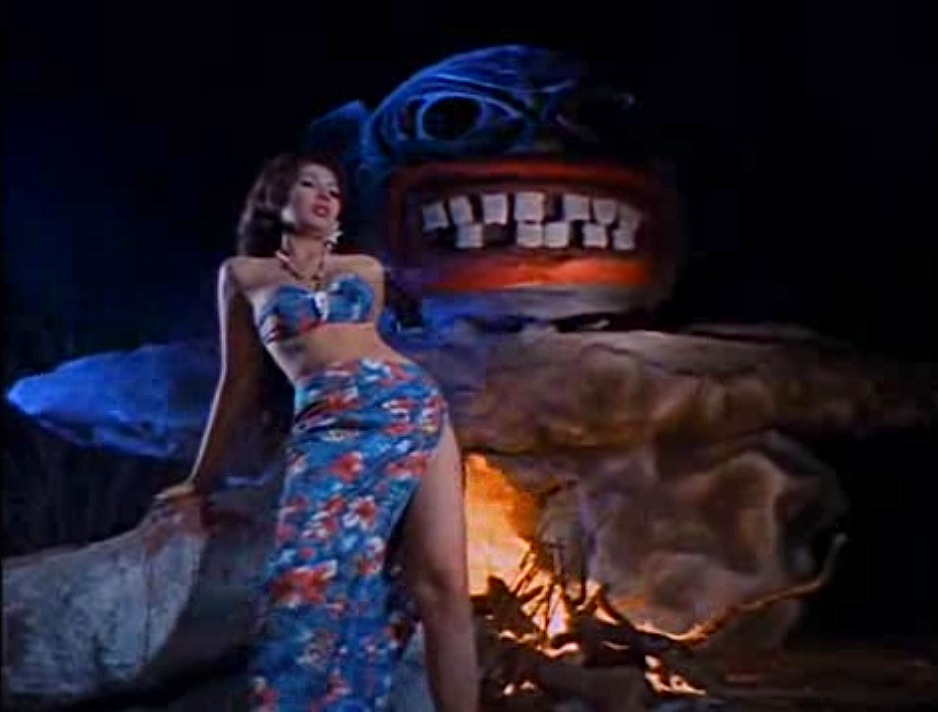




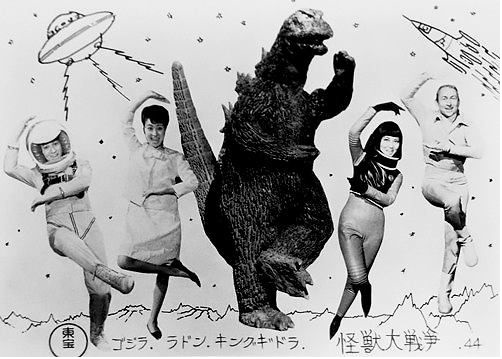
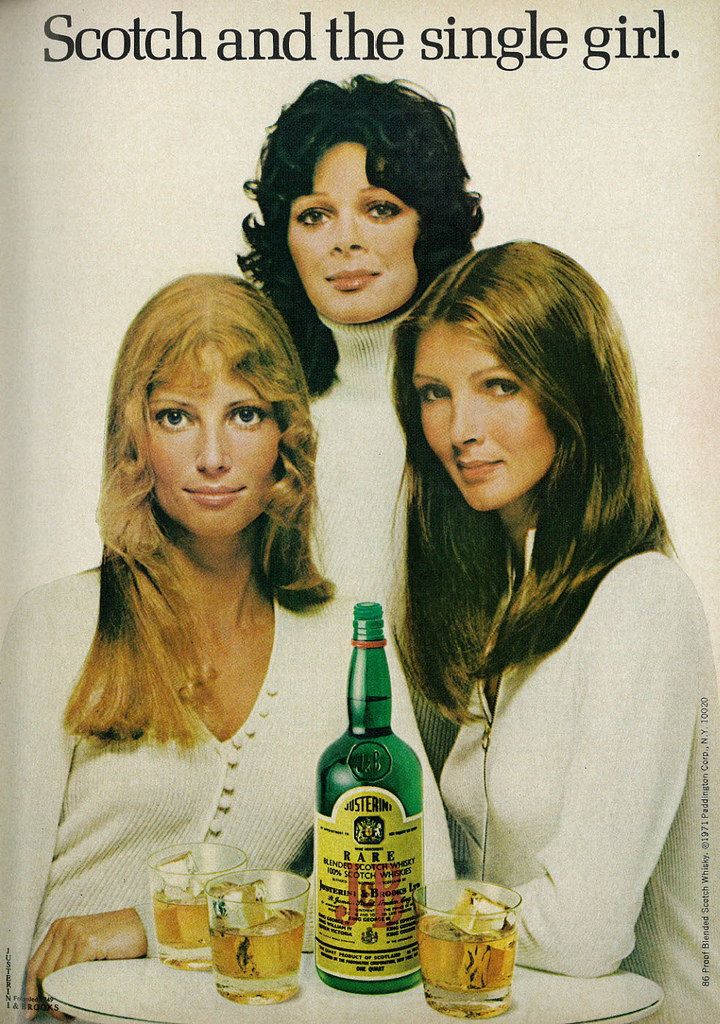

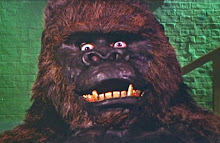
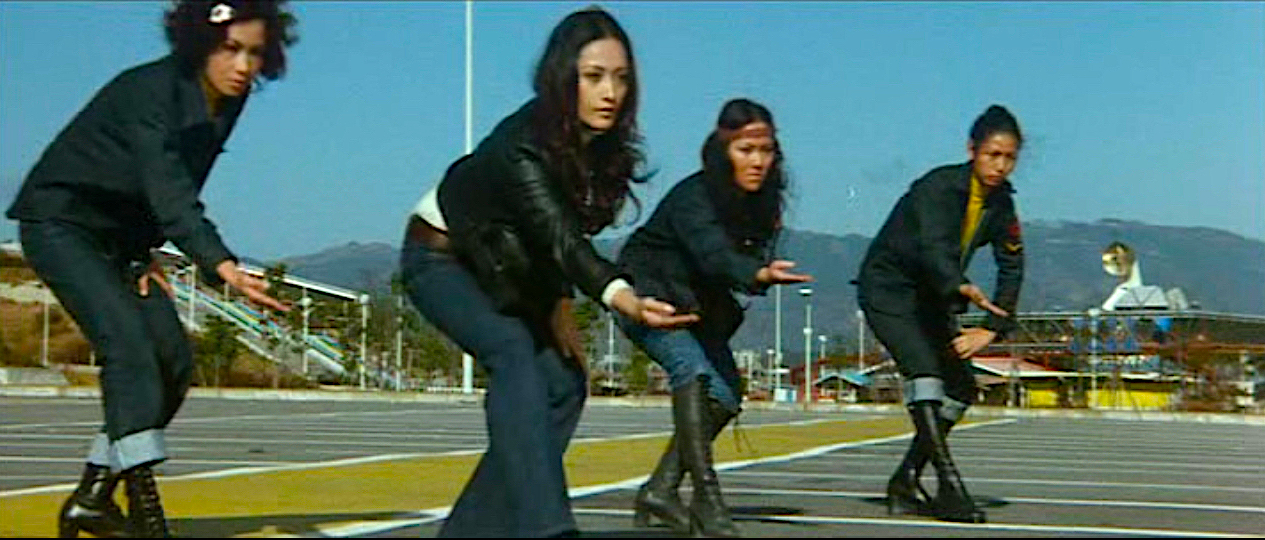


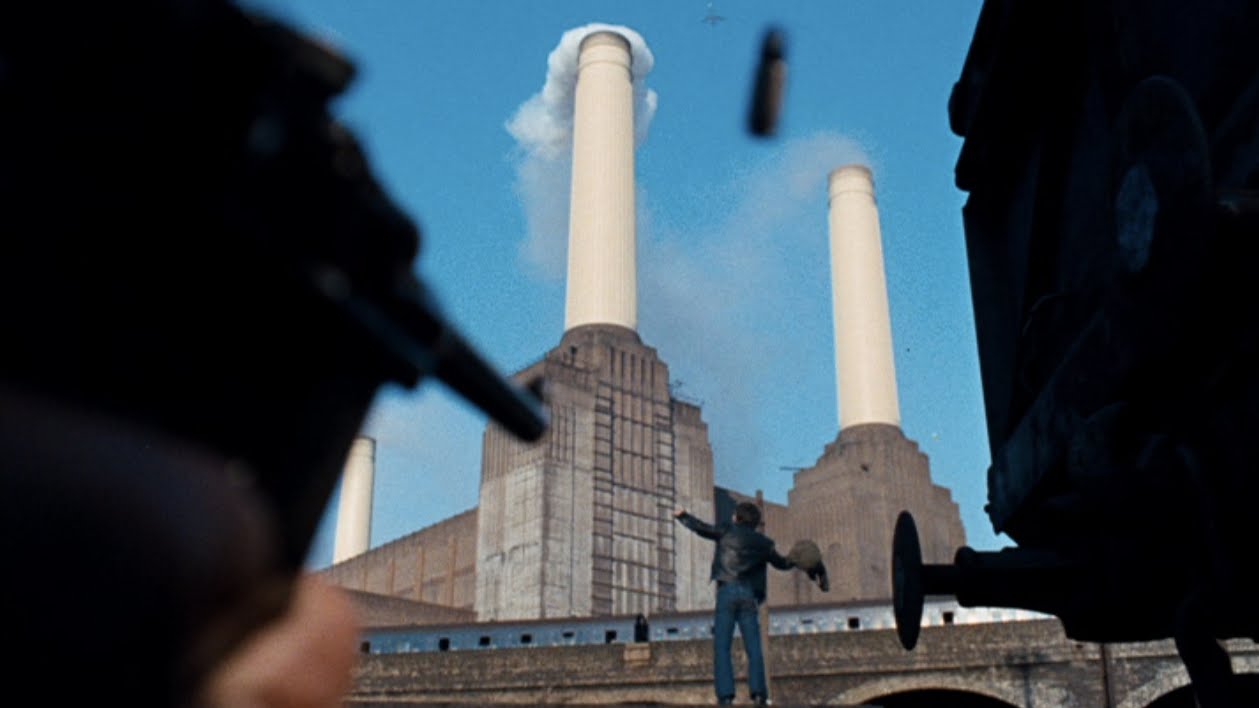
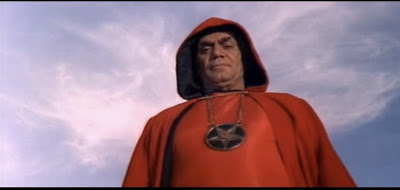








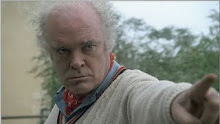
4 comments:
That falling star line has always been one of my favourite Echo & The Bunnymen lyrics, did he rip it off this guy then?
Maybe! I'm not much of a Bunnymen fan, so I'm not familiar with the lyrics... but I think my copy of the film is fan sub-titled, so now I've got a nasty feeling that maybe the person who did them was, and took some translation liberties..? : /
Haha, yeah, she never sings Echo and the Bunnymen.
Jeez, that's disappointing. I remember a lot of the dialogue in the film being pretty far-out... wonder how much more was inaccurate?
Just edited the post to stop me looking like too much of a goof anyway.
Post a Comment